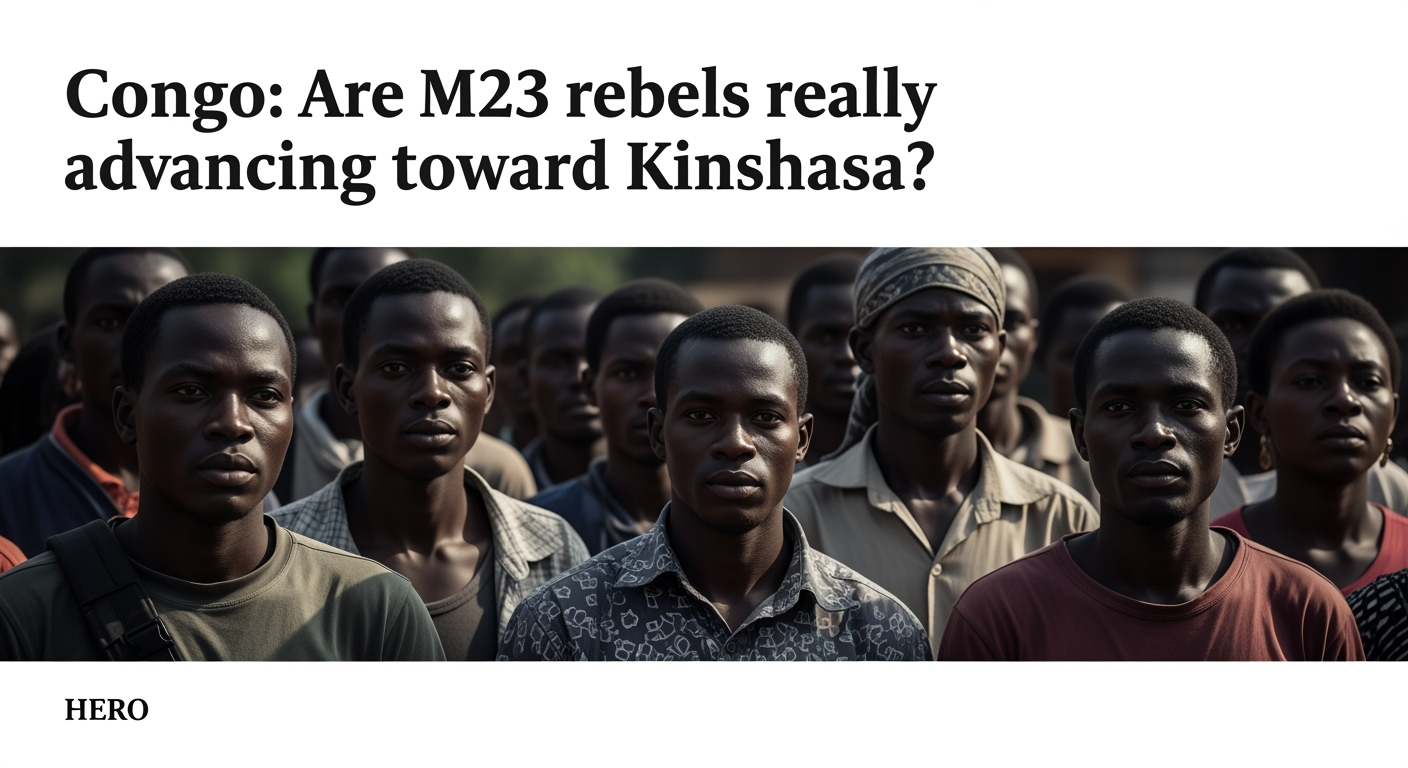Related Articles

Germany Grapples with Criminalizing Catcalling: A Debate Over Public Space and Dignity

Western Technology Continues to Fuel Russian War Machine Amid Sanctions Debate





Ankara, Turkey – After years of intermittent engagement and often strained relations, Turkey has transitioned from a vocal observer to a central player in the complex calculus of the Gaza peace process. Recent diplomatic efforts, culminating in a nascent ceasefire agreement, underscore Ankara's evolving strategic ambitions and its unique position in the region. The deal, brokered through intensive international mediation, has placed Turkey at the forefront, tasked with dual responsibilities as both a negotiator and a guarantor for its implementation, a role many view as pivotal to its success.
Turkey's engagement with the Palestinian cause is rooted deeply in history, stemming from centuries of Ottoman rule that fostered enduring cultural and social connections. This historical bedrock has long shaped Ankara's foreign policy, distinguishing it from many other regional actors. Turkey was among the first nations to formally recognize the Palestine Liberation Organization (PLO) in 1975 and the Palestinian State upon its declaration in 1988, underscoring a consistent commitment to Palestinian aspirations. Furthermore, Turkey has consistently been a leading provider of humanitarian aid to Gaza, demonstrating its practical support for the enclave's population.
However, Turkey's relationship with Israel has been far more mercurial. Historically, Turkey was the first Muslim-majority country to recognize the State of Israel in 1949, and for decades, diplomatic and security ties flourished. This pragmatic relationship, however, began to fray significantly under the leadership of President Recep Tayyip Erdoğan and his Justice and Development Party (AKP) in the early 2000s. Erdoğan's government increasingly centered the Palestinian issue in its foreign policy, adopting a more assertive stance and frequently criticizing Israeli actions. This shift intensified after the October 2023 escalation in Gaza, leading to a dramatic deterioration in Ankara-Jerusalem ties, marked by the recall of ambassadors and trade disputes. President Erdoğan has notably referred to Hamas as a "liberation movement," not a terrorist organization, and has openly hosted its leaders, a stance that distinguishes Turkey from many Western and even some Arab nations.
Turkey's emergence as a key mediator in the latest Gaza ceasefire talks represents a significant diplomatic shift. Initially excluded from some mediation efforts, Ankara's credibility with Hamas, coupled with President Erdoğan's direct rapport with former U.S. President Donald Trump, proved indispensable. Reports indicate that Trump personally requested Erdoğan's assistance in persuading Hamas to accept the 20-point peace plan, thereby elevating Turkey's role in the negotiations.
The 20-point framework, unveiled by the U.S. President, outlines a comprehensive approach to de-escalation, including an end to hostilities, the exchange of prisoners, the unimpeded delivery of humanitarian aid, and provisions for Gaza's post-conflict reconstruction. Hamas, despite initial reservations, has signaled preliminary acceptance of the plan's core tenets.
A crucial element of Turkey's involvement lies in its proposed role as a guarantor for the ceasefire's implementation. Hamas explicitly requested Turkey to undertake this responsibility, alongside the United States, Egypt, and Qatar. This dual capacity, as both mediator and guarantor, positions Turkey to play a sustained role in overseeing compliance, managing prisoner exchanges, and facilitating the transition to a new, internationally supervised administration in Gaza. Turkish National Intelligence Organisation (MIT) chief Ibrahim Kalin, a key figure in Ankara's foreign policy establishment, has been instrumental in coordinating communications between Hamas, U.S., Egyptian, and Qatari officials throughout this delicate process.
Beyond diplomatic maneuvers, Turkey has also reaffirmed its commitment to providing substantial humanitarian assistance to Gaza. As a leading aid provider, Ankara has pledged continued support for the enclave's recovery and reconstruction. Plans include establishing a logistics hub in Ashdod to streamline the delivery of goods, potentially signaling a thaw in practical cooperation with Israel if the peace process gains traction.
Turkey's active role in the Gaza peace plan is not without its complexities and challenges. Its long-standing ties with Hamas, while providing leverage in negotiations, also draw scrutiny. Critics suggest that Turkey's support for Hamas may complicate its "honest broker" image for some international actors and for Israel. While some analysts commend Turkey's ability to engage with both Western and Middle Eastern partners, others highlight the persistent trust deficit, particularly with Israel, which continues to view Turkey's rhetoric and actions with skepticism.
Regional dynamics also present a competitive environment, with Egypt and Qatar actively pursuing their own mediation efforts. These nations often hold more stable diplomatic ties with Israel or possess direct financial leverage over various Palestinian factions, offering alternative pathways for negotiation.
Despite the recent diplomatic breakthroughs, the broader Turkish-Israeli relationship remains fragile. The intense condemnations and diplomatic ruptures following the October 2023 events underscore the deep ideological divisions that persist. However, the potential for practical reconciliation, driven by shared interests in regional stability and economic benefits, could emerge if Turkey's role in the peace process proves constructive. The possibility of lifting trade sanctions and resuming Turkish Airlines flights between the two countries could serve as tangible indicators of improved relations.
A core tenet of Turkey's regional policy remains its unwavering advocacy for a two-state solution. Ankara consistently champions the establishment of an independent, sovereign, and contiguous Palestinian state based on the 1967 borders, with East Jerusalem as its capital, existing peacefully alongside Israel. This commitment guides its diplomatic endeavors and frames its calls for a just and lasting resolution to the Israeli-Palestinian conflict.
The current ceasefire agreement, if it endures, could serve as a significant affirmation of Turkey's foreign policy and its aspiration for a more prominent role in regional conflict resolution. By successfully facilitating a dialogue and securing commitments from disparate parties, Turkey aims to enhance its reputation as a pragmatic and capable intermediary on the global stage. Ankara's ambition extends beyond mere mediation, seeking to contribute significantly to the post-war administration and reconstruction of Gaza, thereby shaping the future political landscape of the enclave.
However, the path to lasting peace in Gaza is fraught with challenges. The skepticism surrounding the enforceability of the agreement, coupled with Israel's historical hesitations regarding sustained ceasefires, means that Turkey's guarantor role will be rigorously tested. President Erdoğan has publicly stated that Turkey will "closely monitor" the implementation of the agreement, emphasizing the need for immediate humanitarian aid, prisoner exchanges, and an end to Israeli attacks. He also cautioned against relying solely on Hamas and Palestinians for peace, stressing that Israel must cease its attacks for efforts to succeed.
Ultimately, Turkey's journey from a vocal critic to a central player in the Gaza peace plan reflects a calculated move to assert its regional influence, anchored in historical ties and a complex web of diplomatic engagements. The success of this evolving role will depend not only on its ability to navigate the immediate terms of the ceasefire but also on its capacity to foster a more stable and equitable future for the broader Israeli-Palestinian conflict.